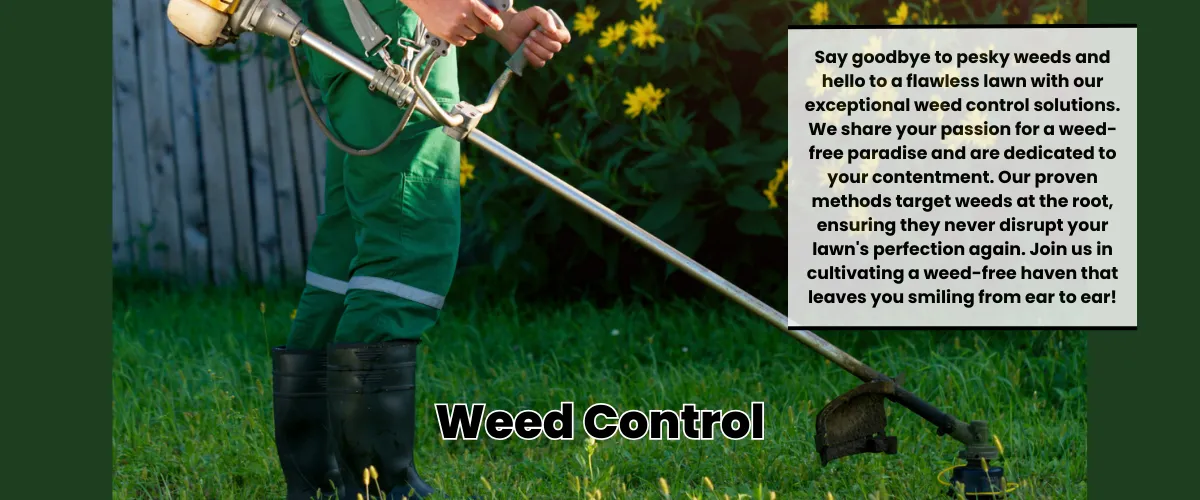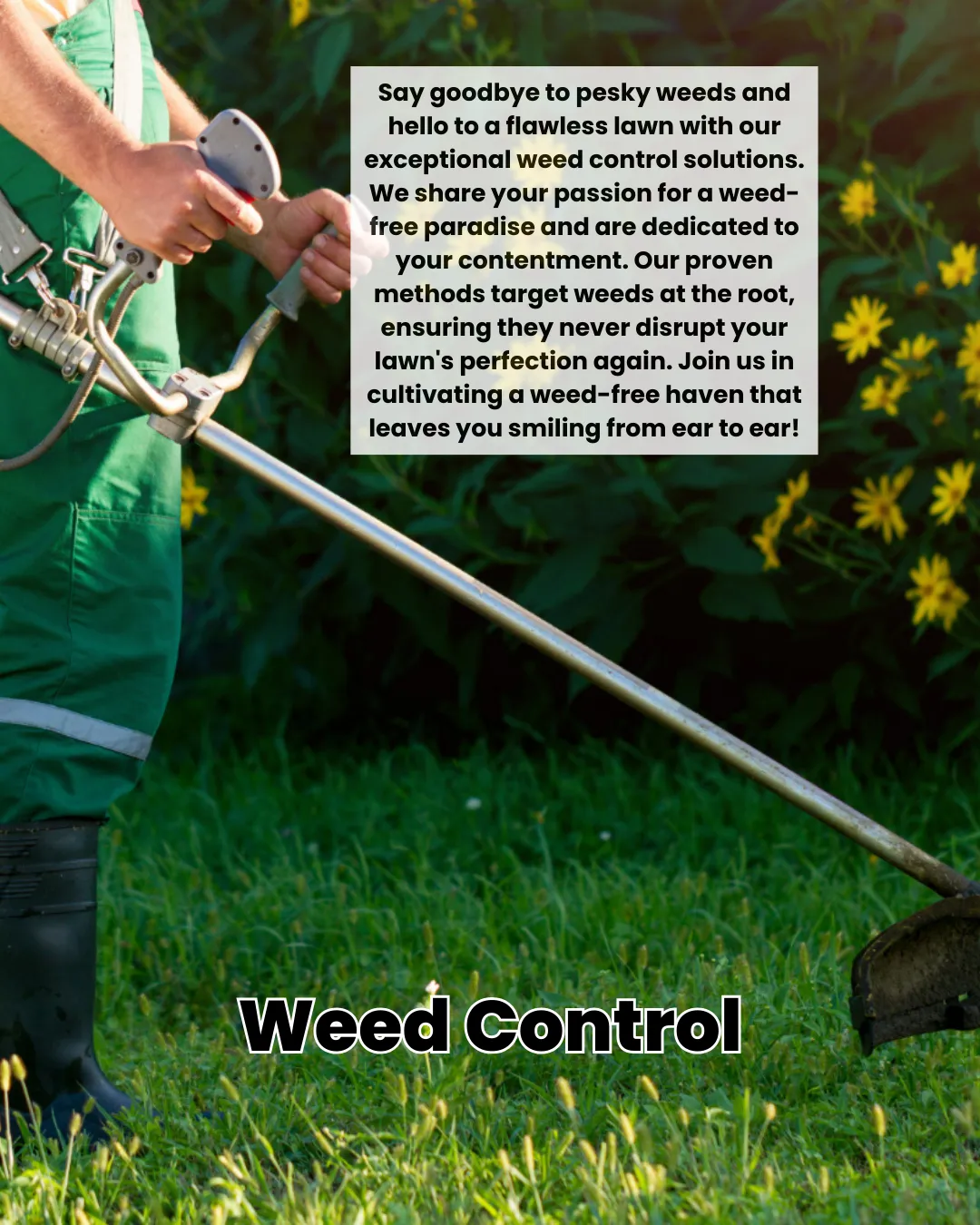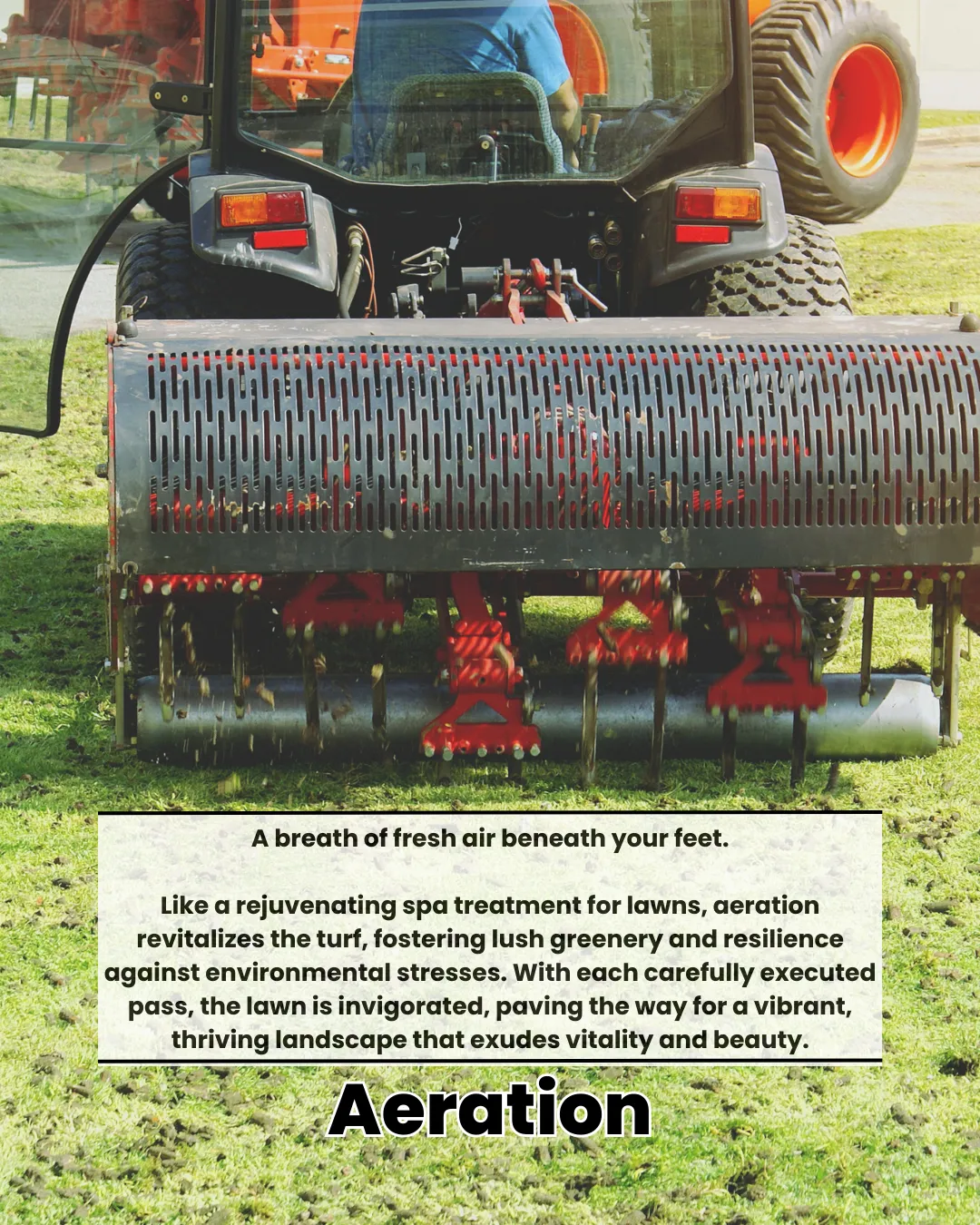Winterize
Blowout Your Sprinklers Today!
ABOUT US
TopMarx LLC
We perform lawncare maintenance services and walkway and driveway snow shoveling.
Our company has blossomed into a trusted name in the industry. Our desire is simple, to create and maintain beautiful lawns that captivate the senses!
Work Sample Video
Service List
Landscaping
Construction
Masonry / Concrete
Landscape Design
Aeration
Thatching
Weed Control
Pruning
Turf Installation
Irrigation
Pole Barn Builds
Sheds
Decks
Storage
Roofing
Solar
Remodels
Fencing
Patios
Concrete Block Retaining Wall
Brick Wall Construction
Walkways
Brick Patio Pavers
Stone Water Fountain
Stone Garden Wall
Landscaping
Landscape Design
Aeration
Thatching
Weed Control
Pruning
Turf Installation
Irrigation
Construction
Pole Barn Builds
Sheds
Decks
Storage
Roofing
Solar
Remodels
Fencing
Masonry / Concrete
Patios
Concrete Block Retaining Wall
Brick Wall Construction
Walkways
Brick Patio Pavers
Stone Water Fountain
Stone Garden Wall
Service Descriptions
TESTIMONIALS
Janene Jones
"Choosing this company to landscape my bare backyard was one of best decisions I've made! Everything that the crew did from installation of my sprinkler system to the concrete block wall and new turf is so beautiful. I very much recommend this company for the outstanding work they do."
Ryan H
"Extremely happy with the friendliness, professionalism, and hard working service with this company. They did everything from remove trees, plant new trees, remove ground cover and put rock down to fill beds, move sprinkler heads and add heads to improve our sprinkler system, to remove rock and adding in grass. Everything was done to high standards of work!! Robert was very timely in his communication, honest and fair in his bid. My family is planning to hire him for their new home building landscape needs. They truly do it all with landscaping and do it very well. Highly recommend Clean Cut Grounds Company. Very friendly crew of workers.
Came highly recommended by local sprinkler store staff and I’m super glad I called them."
Lawn Care FAQS
How often should I mow my lawn?
In Spokane, WA, the frequency of lawn mowing can vary depending on factors such as weather conditions, grass type, and desired lawn appearance. Generally, during the growing season (spring and summer), mowing once every 1-2 weeks is common to maintain an optimal lawn height of around 2.5 to 3.5 inches.
However, during periods of rapid growth or rainy weather, more frequent mowing may be necessary to prevent the grass from becoming too tall. It's essential to avoid cutting more than one-third of the grass blade's height at once to promote healthy growth and avoid stressing the lawn.
In hot weather, you may need to mow less frequently.
Additionally, adjusting the mowing schedule based on grass growth rather than a fixed timeline can help ensure the best results for your lawn in Spokane's climate.
What's the benefit of lawn aeration and overseeding?
Aeration allows air, water, and nutrients to penetrate the soil, promoting healthier root growth and overall lawn health. Overseeding introduces new grass seed to thicken your lawn, improving its appearance and resilience. Together, they rejuvenate your lawn, making it more resistant to weeds and disease.
How can I ensure an eco-friendly lawn care service?
To ensure eco-friendly lawn care, ask your provider about their practices. Look for companies that use organic or low-impact fertilizers, minimize pesticide usage, and promote sustainable lawn care practices. Regular soil testing and custom treatment plans can also reduce the need for excessive chemicals while maintaining a vibrant lawn.
What is the best type of grass for my lawn in Spokane's climate?
We have a cold, semi-arid climate here in Spokane, the best type of grasses for these lawns are cool-season grasses. These grasses are well-suited to the region's cold winters and hot summers. Two common cool-season grass species recommended for Spokane's climate are:
Kentucky Bluegrass: Known for its lush, fine texture and deep green color, Kentucky Bluegrass is a popular choice for lawns in Spokane. It thrives in cooler temperatures and has good tolerance to foot traffic.
Fine Fescue: Fine Fescue is another suitable option for Spokane's climate. It includes several species such as creeping red fescue, chewings fescue, and hard fescue. Fine fescues are known for their shade tolerance and ability to grow well in areas with lower soil fertility.
When choosing grass for your lawn in Spokane, consider factors such as your lawn's sun exposure, soil type, and maintenance preferences. Additionally, we can provide tailored recommendations based on specific conditions in your area.
What is the best time to water my lawn in Spokane, WA?
As a general guideline, homeowners in Spokane should aim to water their lawns deeply but infrequently, encouraging deep root growth and drought tolerance.
During the summer months, it's generally recommended to water lawns in Spokane about 1-2 times per week, providing approximately 1 to 1.5 inches of water each week. However, this can vary depending on rainfall, temperature, and soil moisture levels. It's important to monitor your lawn's moisture levels and adjust your watering schedule accordingly.
The best time of day to water your lawn in Spokane is early in the morning, ideally between 4 am and 9 am. Watering during this time helps minimize water loss due to evaporation and allows the grass to dry before evening, reducing the risk of fungal diseases. Avoid watering in the evening or at night, as prolonged moisture on the grass blades can promote fungal growth.
What steps should I take to prepare my lawn for winter or drought conditions?
Preparing your lawn for winter or drought conditions in Spokane, WA, involves several key steps to help ensure its health and resilience. Here are some recommendations:
Aerate the Soil: Before winter sets in, aerate your lawn to alleviate soil compaction and promote better water and nutrient absorption. This allows oxygen, water, and nutrients to penetrate deeper into the soil, encouraging healthier root growth.
Overseed: Overseeding your lawn in the fall helps fill in bare patches and strengthen the overall turf density, which can make your lawn more resilient to winter stress and drought conditions. Choose a grass seed variety suitable for Spokane's climate, such as Kentucky Bluegrass or Fine Fescue.
Fertilize Appropriately: Apply a slow-release fertilizer in the fall to provide essential nutrients that will support root development and winter hardiness. Choose a fertilizer with a higher potassium (K) content to enhance your lawn's tolerance to cold and drought stress.
Continue Proper Watering: Adjust your watering schedule as temperatures cool in the fall, ensuring your lawn receives adequate moisture to sustain it through the winter months. Water deeply but infrequently to encourage deep root growth and drought resistance.
Mow at the Right Height: Gradually lower your mowing height in the fall to help prevent snow mold and other fungal diseases. However, avoid cutting your grass too short, as longer grass blades can help protect the soil and roots during winter.
Rake Leaves and Debris: Keep your lawn clear of fallen leaves and debris, as they can smother the grass and create conditions conducive to fungal diseases. Consider composting or mulching leaves to provide organic matter and nutrients to the soil.
Consider Winterizing Sprinkler Systems: If you have an irrigation system, ensure it's properly winterized to prevent freezing and damage to pipes and components.
Monitor and Protect from Winter Damage: Keep an eye on your lawn throughout the winter, especially during periods of prolonged cold or dryness. Consider applying a protective cover, such as straw or burlap, to sensitive areas to prevent winter desiccation.
By taking these proactive steps to prepare your lawn for winter or drought conditions in Spokane, WA, you can help ensure its health and vitality year-round.
Get In Touch



















